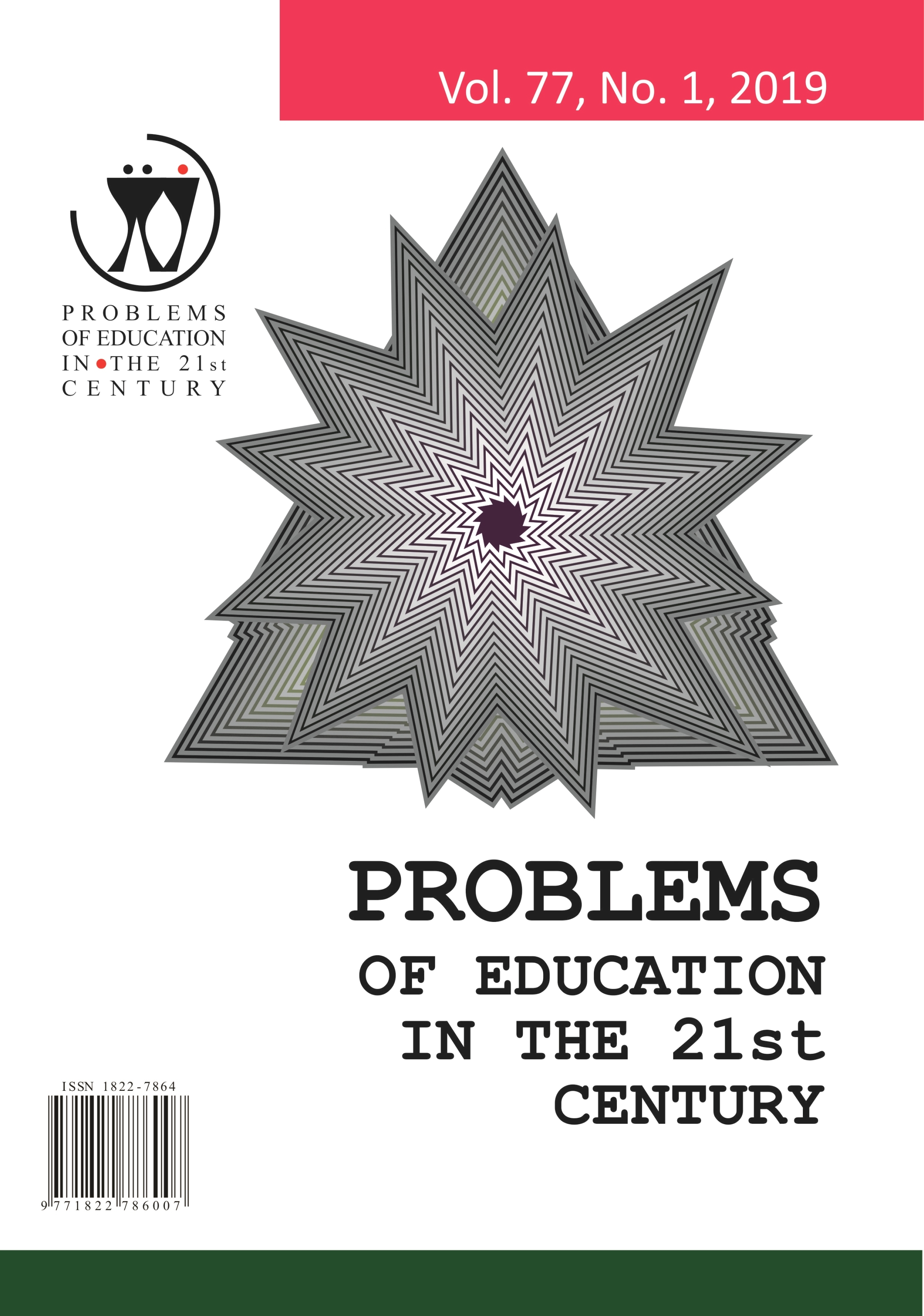ENHANCING LIBYAN STUDENTS’ ENGLISH SPEAKING PERFORMANCE THROUGH LANGUAGE GAME AND INFORMATION GAP ACTIVITIES
ENHANCING LIBYAN STUDENTS’ ENGLISH SPEAKING PERFORMANCE THROUGH LANGUAGE GAME AND INFORMATION GAP ACTIVITIES
Author(s): Eman Abdussalam Owen, Abu Bakar Razali, Arshad Abd Samad, Nooreen NoordinSubject(s): Education, Foreign languages learning, School education
Published by: Scientia Socialis, UAB
Keywords: Communicative Language Teaching (CLT); English as a foreign language (EFL); information gap and language games activities; quasi-experiment speaking performance;
Summary/Abstract: The importance of English as a foreign language EFL in Libya has increased significantly throughout the years and the language has become essential in all disciplines. However, one of the essential challenges that needs to be explored is the lack of speaking competence of the Libyan students. There has been little research, which adopts an experimental design to determine the causal effects of certain teaching methods, particularly the Communicative Language Teaching (CLT) approach on Libyan students’ English speaking performance. Against this backdrop, this research sets out to assess the effects of selected Communicative Language Teaching (CLT) activities (i.e., Information gap and Language games) on Libyan first-year secondary school students’ English speaking performance. Using a sample of 124 students from a public secondary school in Sabratha, Libya, and adopting the quasi-experimental pre-test, post-test non-equivalent groups design (NEGD), first year classes were randomly assigned as three experimental groups (i.e., Experimental Language Game group (G1), Experimental Language Game and Information Gap group (G2), and Experimental Information Gap group (G3)) and one Control group (G4). Treatments were given to the experimental groups and paired sample t-test results reveal significant differences between the groups’ in the post-test English language speaking scores. While an ANOVA test, comparing the scores between the four groups reveals a substantial difference between Information Gap group and the control group through a post-hoc test. It is therefore concluded that implementing communicative activities based on the principles of CLT in the Libyan English language classroom helps to enhance students’ English speaking performance.
Journal: Problems of Education in the 21st Century
- Issue Year: 77/2019
- Issue No: 1
- Page Range: 110-125
- Page Count: 16
- Language: English

